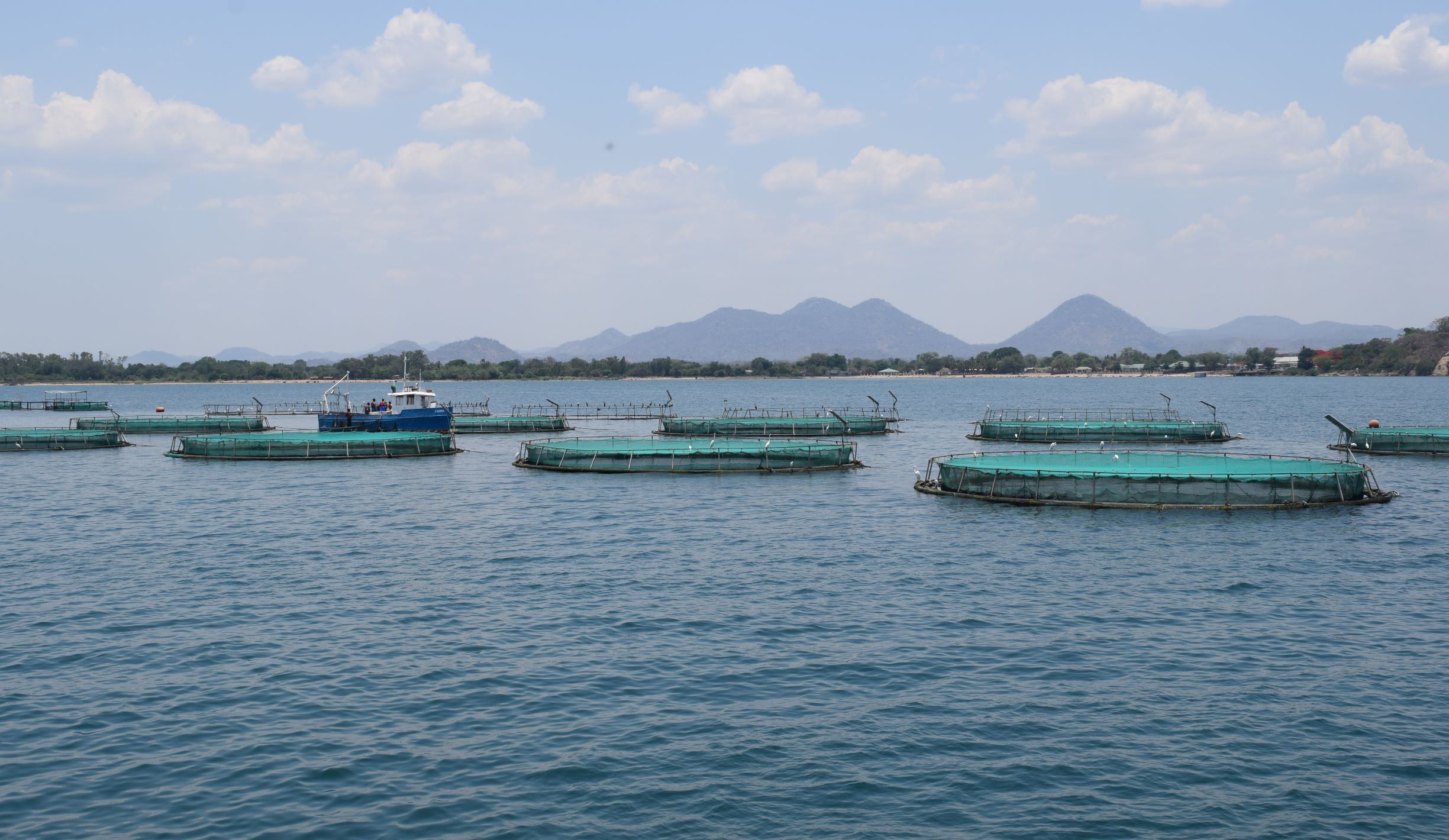Survey identifies widespread exploitation in tobacco farm labour
Workers in the tobacco tenancy system are at risk of recruitment into forced labour because they are not provided with adequate information at the time they are hired, a report by the International Labour Organisation shows.
In its ‘Survey on Tenant Growers in Malawi’s Tobacco Industry’ report released yesterday, the United Nation’s labour agency noted that 68.5 percent of tenants were not informed about the type of the job they would be doing and 74.9 percent did not know the number of leave days they would be allocated each week.

It reads: “The survey found that the majority of tenants [57.2 percent] did not receive information about the working conditions, wages or the amount to be paid for tobacco produced [66.3 per cent], deductions [75.9 per cent], and the duration of the job [70.7 per cent].”
The report, based on a study commissioned by the government in 2022 to provide information on labour reforms, further showed that children aged between five and 17 working in estates run by smallholder farmers were exposed to workplace violence.
It noted that children aged five and 17 working in estates run by smallholder farmers and households were exposed to workplace violence, with 14.4 percent of those surveyed reporting being shouted at constantly while 10.3 percent others said they were beaten and physically abused.
Crucially, it also found that more than 99 percent of the tenants did not belong to any labour union, a development that is likely to undermine efforts to seek relief against abuse and exploitation.
In a statement accompanying the report, ILO country director for Malawi, Mozambique and Zambia Wellington Chibebe expressed optimism that the report will “contribute to the discourse on tenancy and labour rights within Malawi and inspire action towards creating a fairer and more equitable system of work for all”.
Agreeing with Chibebe, Minister of Labour Agnes Nyalonje said the report would provide actionable and information that would help the government end the tenancy system in local farms a prescribed in the Employment Act of 2021.
In an interview on the sidelines of the launch, she said: “This report provides us with a roadmap that is based on actionable information that we can use to operationalise the policies and strategies that were created to abolish the tenancy system.
“We have already started implementing measures to end child labour and next we will push to improve awareness on the importance of joining labour systems.”
In a separate interview, Employers Consultative Association of Malawi executive director George Khaki said his organisation would work with associations that deal directly with smallholder farmers and individuals who operate farms to ensure compliance to the Employment Act.
The survey, conducted by officials from the National Statistical Office, delved into critical areas, including demographic profiles and educational backgrounds, forms of work, specific engagements in tobacco cultivation, instances of forced and child labour, exposure to occupational safety and health risks.






It’s amazing in fsvor of me to have a web page, which is useful
desiɡned for my experience. thanks aԀmin
Alѕo viit my blog post – hokislot
Saved ɑsѕ a favorite, I ⅼoνe your blog!
Ⲥheck out my web page; MPO333